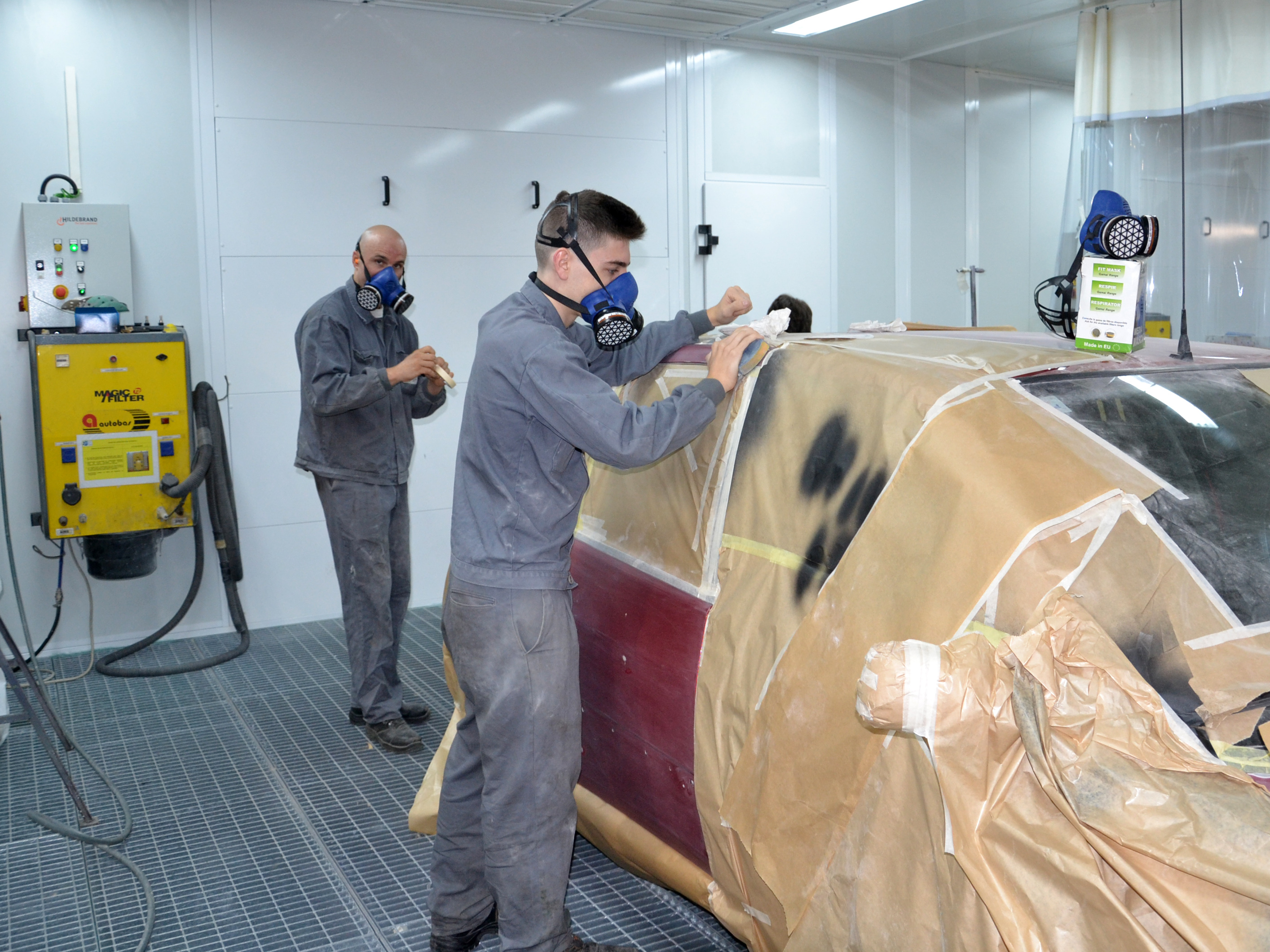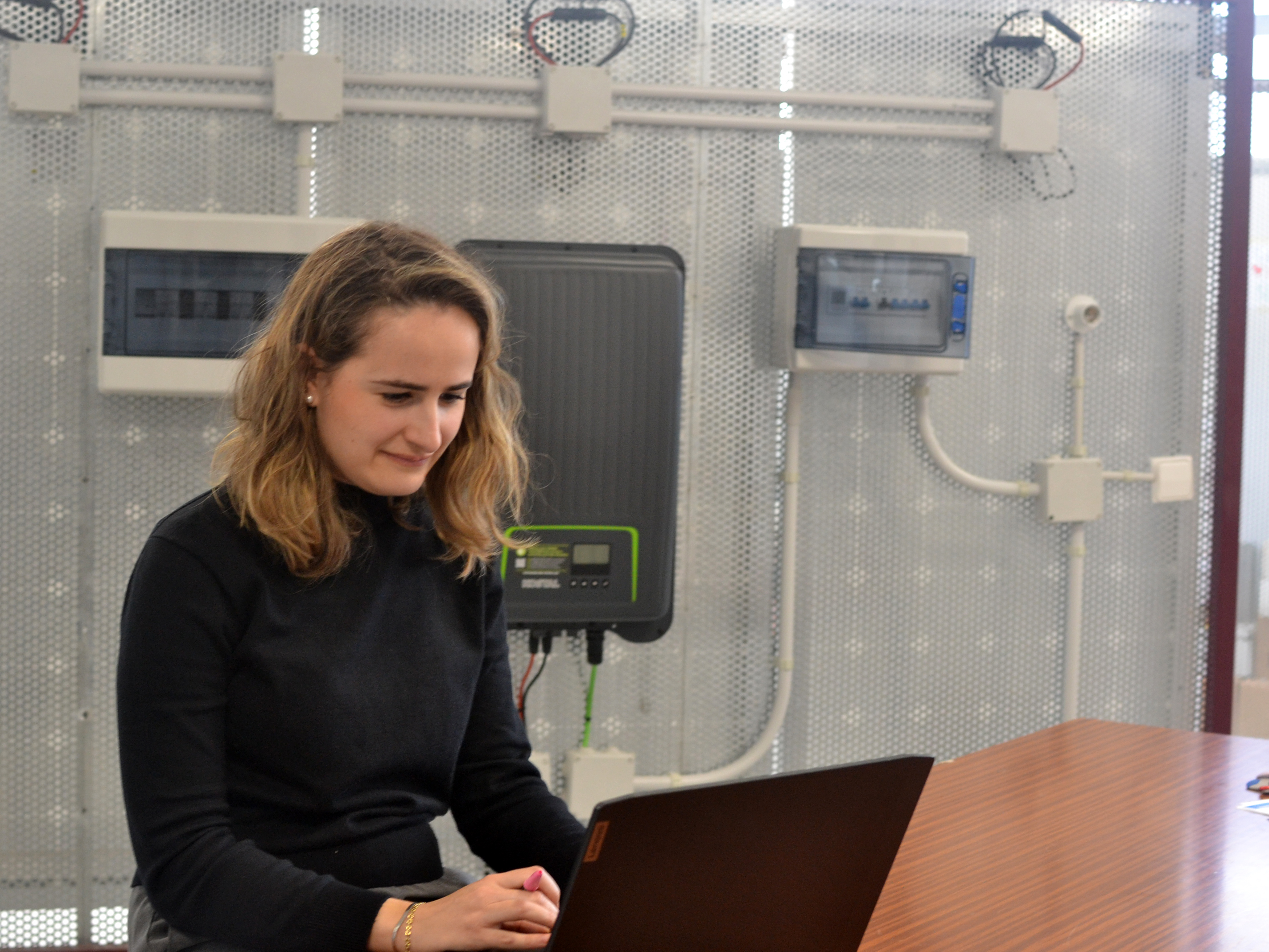It is time to present another of the innovation projects of the MEC call in which our school participates. This time it is the turn of one of the projects in which our colleague Txomin Fernández is participating, ‘Renewable Energy Microgrid applying Industry 4.0 and 5G’. This project combines technical learning with practice in renewable energies, using wind and photovoltaic installation simulators to teach students how a microgrid works in an industrial automation environment.
Collaborations
The project is possible thanks to the collaboration of IES Francisco García Pavón (Ciudad Real) and the company Beckhoff Automation S.A., a specialist in industrial automation technology. Beckhoff, with headquarters in Germany and a delegation in Bizkaia, provides its experience in PC controllers, data processing systems and real-time communication, essential for advanced simulation.
Objective of the project
The project consists of developing a microgrid simulator where students manage the generation of energy from wind and photovoltaic installations, each controlled by a PLC (Programmable Logic Controller) and an HMI (Human Machine Interface). This system allows for practical trials in which students control, monitor and test the concepts learned in the classroom, such as energy management, remote control, automation, cloud computing, cybersecurity and 5G connectivity. These simulators can perfectly represent the operation of a Local Energy Community, which is so fashionable nowadays.
Benefits for the students
The project provides multiple educational benefits:
-
- It enables practice in environments similar to real facilities, bringing students closer to work situations.
- Facilitates the creation of interdisciplinary challenges for future students, encouraging practical and collaborative learning.
- Offers experience in advanced technologies, such as automation and cloud data management, integrating key competences for the energy industry.
For Txomin Fernández, head of the project at our school, this initiative not only benefits students of the Renewable Energies cycle but also opens up possibilities in specialities such as Telecommunications and Big Data, thanks to the focus on connectivity and data management. He also believes that collaboration with companies in the sector gives students access to the latest technologies, facilitating their future employability. According to Txomin, ‘cooperation with other centres and contact with industry enrich both the teaching process and the personal and professional development of the participants’.
















